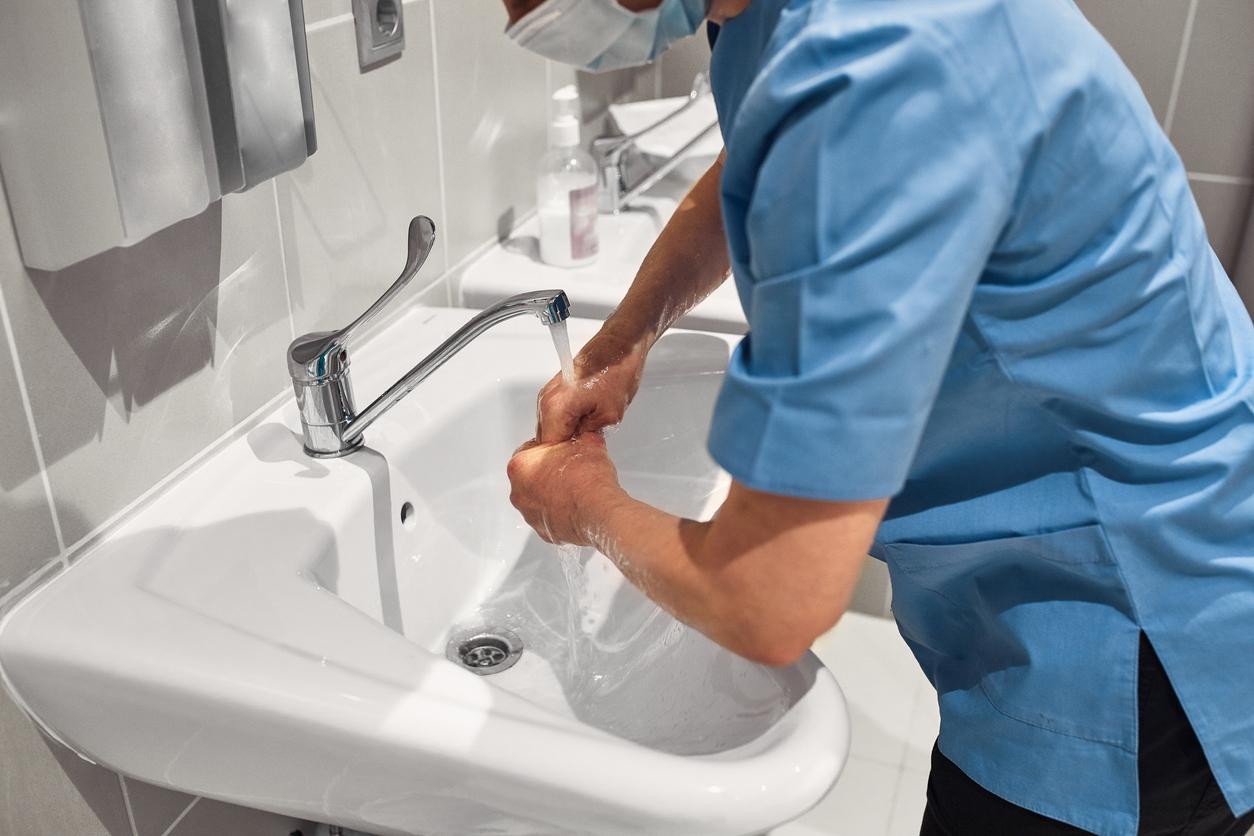The fight against bacteria that are highly resistant to antibiotics is urgent. The High Council of Public Health has just reinforced its recommendations.

Highly Antibiotic Resistant Bacteria (BHRe) are Worried! Indeed, “given recent developments in the epidemiology of emerging BHRe, the risk is, in the short term, of no longer being able to effectively treat patients infected with these infectious agents. It is this alarming observation which led this Thursday the High Council of Public Health (HSCP) to issue new recommendations. The aim of these measures, to prevent the transmission of these bacteria.
Because the context is worrying to say the least. In its report, the HCSP explains that “at the national level, BHRe remain emerging in France. “But, he also considers that,” the evolution of resistance can be very rapid. As proof, the increase in resistance to carbapenems in Klebsiella pneumoniae in Italy, which rose from 1.3% in 2009 to 26.7% in 2011. In addition, these experts point to the lack of data for some countries or their poor quality in other cases.
So, to try to reduce the risk of possible therapeutic deadlock, the HCSP offers solutions. The recommendations set out in the report are based on a dual strategy.
On the one hand, the High Council recommends a reduction in the prescription of antibiotics. An important reminder when we remember that a report published in June by the Medicines Agency (Ansm) indicated that the consumption of antibiotics by the French had increased by nearly 3% over the past 5 years.
On the other hand, it relies on enhanced prevention by focusing on people potentially carrying these BHRe. But how ? First of all, “by considering any medical repatriation or any history of hospitalization abroad as potentially at risk. “
In addition, the HCSP recommends the establishment of an early warning system. Each health establishment in each region will have to equip itself with a care system for these BHRe patients. This both for “proven cases” and for “people in contact. ”
Finally, the High Council would like particular attention to be paid to compliance with hygiene precautions, and particularly to the management of faeces and urine with material resources in basins, suitable basin washers, but also by eliminating the showers. sometimes used for the management of these basins. “Controlling the environment of these patients or residents in the establishments concerned is essential. It is based on validated bio-cleaning protocols, respected by professionals trained and recognized for these tasks, this concerns shared premises and equipment, ”concludes the HCSP.
.

















